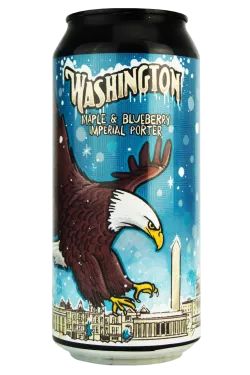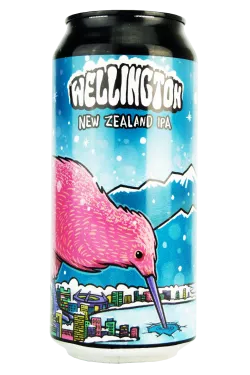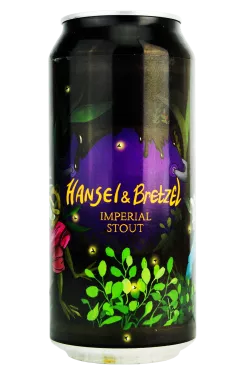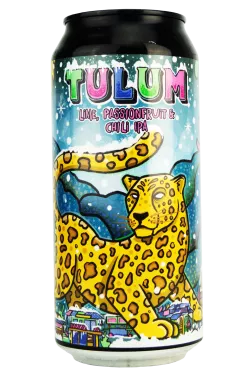Ice Breaker Brewing Co.
Ein Eisbrecher ist ein Schiff, das dafür entworfen wurde, vereiste Gewässer wieder fahrbar zu machen. Diese speziellen Gefährte machen den Weg frei und sorgen dafür, dass dicke Eisdecken keine Gefahr für andere Schiffe darstellen. Die französische ICE BREAKER BREWING CO. hat sich die enorme Kraft, den Mut und den Willen zur Veränderung der Eisbrecher zum Vorbild genommen und ein Unternehmen aufgebaut, das nicht nur den Weg für andere frei macht, sondern mit gutem Beispiel und innovativen Ideen vorangeht.
Ein bieriges Gesamtkonzept
Statt Eis sind es allerdings eingefahrene Einstellungen und Gewohnheiten, die das junge Team von ICE BREAKER durchbrechen möchte. Die Brauerei möchte herausragendes Bier brauen, das schmeckt und einem zudem ein gutes Gefühl gibt. Ihre Mission umfasst die Neudefinition von Craftbier in Frankreich, ein Ziel, das die Brauer mit Kreativität, Innovation und einer ganzen Menge unkonventioneller Ideen erreichen wollen. Neben der Brauerei betreiben die Visionäre einen ganzen Park, der der Fassreifung besonderer Bierspezialitäten gewidmet ist. Hier finden sich edle Tropfen in unterschiedlichen Stadien der Fermentation und Alterung. Im Labor lassen die kreativen Köpfe ihren Einfällen freien Lauf und experimentieren nach Herzenslust mit Zutaten, Rezepturen und Brautechniken. Wer zwischendurch Dampf ablassen oder seinen Ohren etwas Gutes tun möchte, der kann dies im brauereieigenen Musikstudio tun. Der Raum ist mit Instrumenten ausgestattet und lädt zum Jammen ein. Um nicht nur den eigenen Bedürfnissen gerecht zu werden, planen die Brauer zudem Möglichkeiten für den Brauernachwuchs: Im Verkaufsservice für Braubedarf sollen junge Talente mit allem ausgestattet werden, was sie für ihre bierigen Eskapaden benötigen.
Verantwortungsvoller Genuss mal anders
Doch zu exquisitem Bier gehört mehr als nur ein tolles Konzept, die wohl größte Rolle spielen die Rohstoffe. Das Team von ICE BREAKER nimmt seine ökologische Verantwortung sehr ernst und erachtet die Wahl nachhaltiger Produkte als selbstverständlich. Da Bier oft nicht nur aus regional wachsenden Zutaten hergestellt wird, standen die inspirierten Brauer vor einer Herausforderung: Wie gleicht man die tausenden Kilometer aus, die beispielsweise ein Hopfen aus dem amerikanischen Yakima-Valley zurücklegt, bevor er im französischen Toulouse verarbeitet werden kann? Weil die Brauer nicht auf die Aromenvielfalt diverser Hopfensorten aus der ganzen Welt verzichten möchten, haben sie sich ein Konzept überlegt, das ihren ökologischen Fußabdruck reduziert und eine Kreislaufwirtschaft unterstützt. Einige Beispiele dafür sind die Wiederverwendung der Abfallprodukte aus dem Brauprozess als Düngemittel, die Verwendung abwaschbarer Kleber für die Etikettierung der Flaschen, die Nutzung von Strom aus erneuerbaren Energiequellen und die Partnerschaft mit umweltschützenden Projekten. Am Ende dieses gut durchdachten Prozesses stehen Biere, die mit Charakter und intensivem Geschmack für sich sprechen.
Bei uns erhältlich

SAS ICE BREAKER
26 rue de l Europe
31850 Montrabe
Frankreich (ohne Französische Überseegebiete) 




